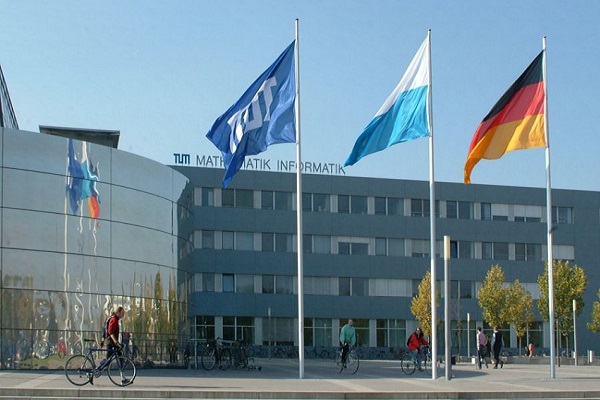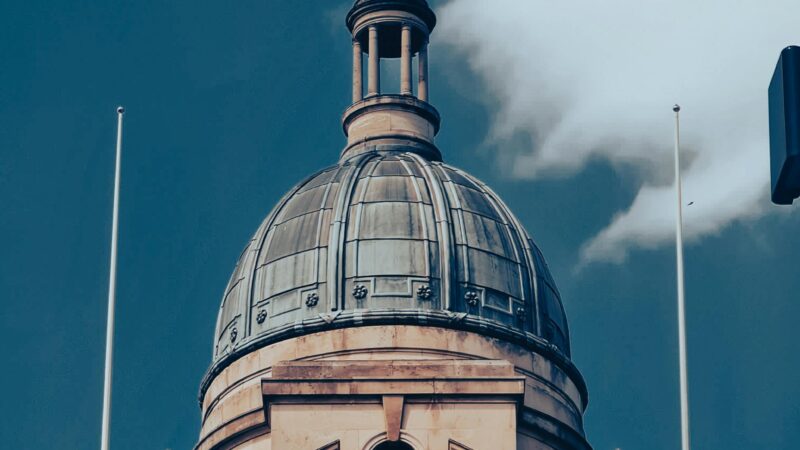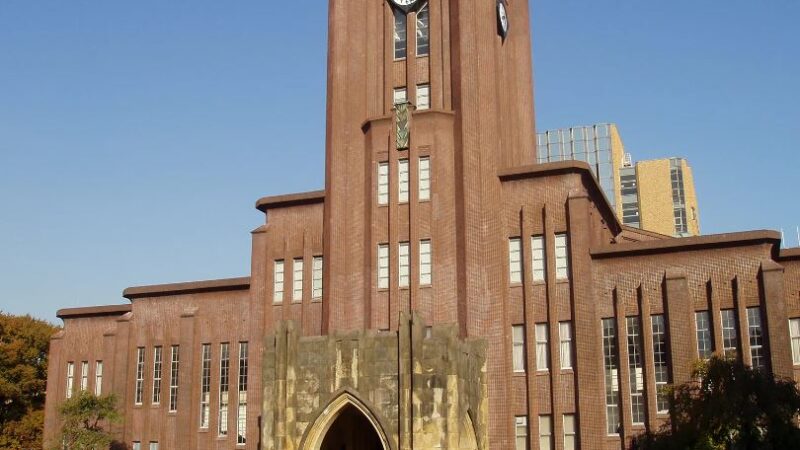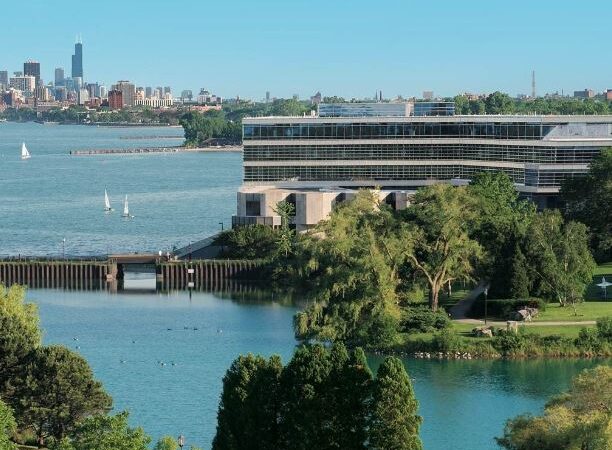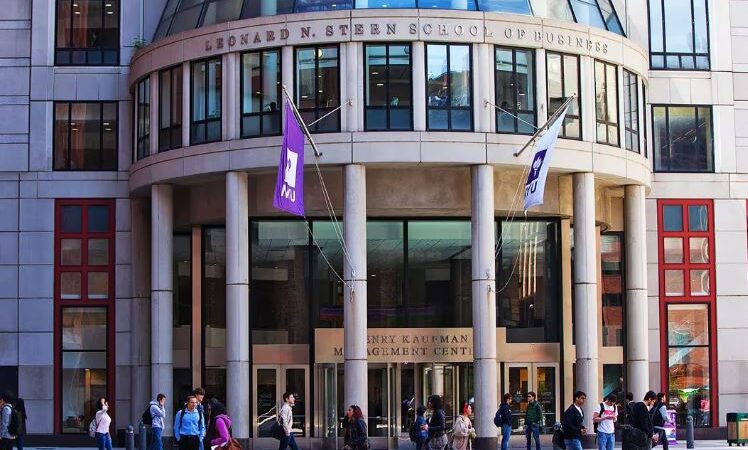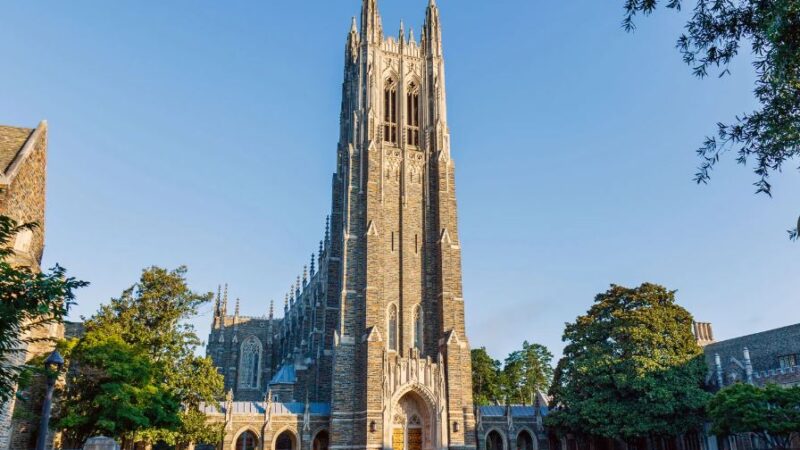Exploring the Legacy and Innovation: Columbia University
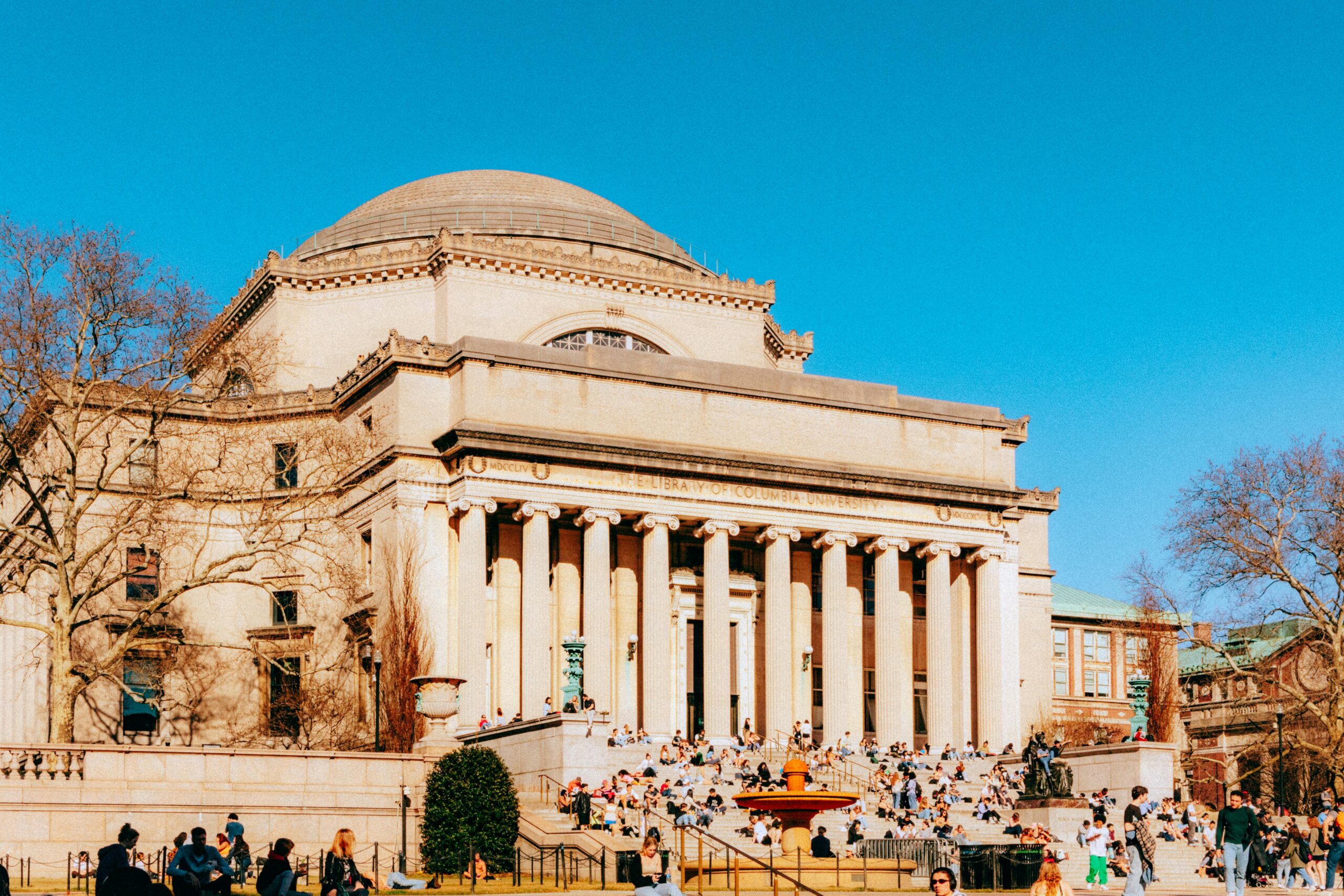
Exploring the Legacy and Innovation: Columbia University
Introduction
Nestled in the heart of New York City, Columbia University stands as a beacon of academic excellence and innovation. Founded in 1754, it holds the distinction of being one of the oldest institutions of higher learning in the United States. Over the centuries, Columbia has evolved into a world-renowned center for research, scholarship, and intellectual discourse, shaping not only the minds of its students but also the course of history. This comprehensive exploration delves into the rich tapestry of Columbia University, examining its history, notable achievements, unique campus culture, and its ongoing commitment to pushing the boundaries of knowledge across various disciplines.
Historical Foundations
Columbia University traces its origins to the establishment of King’s College by royal charter of King George II of England in 1754. Originally located in Lower Manhattan, the university was envisioned as a bastion of Anglican education in the American colonies. Its early years were marked by a curriculum heavily influenced by British models, focusing on classical studies and theology. However, the winds of change blew swiftly, and by the time of the American Revolution, the college had already begun to align itself with the revolutionary fervor sweeping the colonies.
Renamed Columbia College in 1784 following independence, the institution quickly gained prominence as a hub of intellectual activity in post-revolutionary America. The early 19th century witnessed significant expansion and diversification of its academic offerings, reflecting the growing complexity of American society and the increasing demands for specialized knowledge. By the mid-19th century, Columbia had firmly established itself as a leading institution of higher learning, setting the stage for its future trajectory as a global academic powerhouse.
Academic Excellence and Innovation

Central to Columbia’s enduring appeal is its unwavering commitment to academic excellence and innovation. The university boasts a distinguished faculty comprising Nobel laureates, Pulitzer Prize winners, MacArthur Fellows, and other luminaries in their respective fields. From the humanities to the sciences, Columbia’s faculty members are at the forefront of groundbreaking research and scholarship, contributing invaluable insights to their disciplines and shaping public discourse on a global scale.
Columbia’s academic programs are as diverse as they are rigorous, encompassing undergraduate, graduate, and professional schools across a wide array of disciplines. The university’s renowned Core Curriculum, a cornerstone of undergraduate education, underscores its commitment to fostering intellectual breadth and critical thinking among its students. Meanwhile, its graduate and professional schools offer specialized training and cutting-edge research opportunities that attract scholars and practitioners from around the world.
In recent decades, Columbia has emerged as a leader in interdisciplinary research initiatives aimed at addressing complex global challenges. From climate change and sustainable development to healthcare disparities and urban planning, interdisciplinary collaboration lies at the heart of Columbia’s research agenda. The university’s strategic partnerships with industry, government agencies, and nonprofit organizations further enhance its capacity to effect meaningful change in the world.
Campus Life and Community
Beyond its academic pursuits, Columbia University is celebrated for its vibrant campus life and close-knit community spirit. Situated in the Morningside Heights neighborhood of Manhattan, the university’s campus is a bustling nexus of activity, blending historic architecture with modern amenities. The iconic Low Memorial Library, with its neoclassical façade and majestic rotunda, serves as a symbol of Columbia’s enduring legacy and commitment to intellectual inquiry.
The university’s diverse student body hails from all corners of the globe, bringing with them a rich tapestry of cultures, perspectives, and experiences. Columbia’s commitment to diversity and inclusion is reflected in its myriad student organizations, cultural centers, and support services designed to foster a sense of belonging and community among its students. Whether through academic clubs, performing arts groups, or community service initiatives, students at Columbia are encouraged to explore their passions and make meaningful contributions to campus life and beyond.
Notable Alumni and Impact
The illustrious alumni of Columbia University form a veritable who’s who of influential figures in fields ranging from politics and business to the arts and sciences. Among its alumni are U.S. Presidents Theodore Roosevelt and Barack Obama, Nobel laureate Toni Morrison, pioneering physicist Enrico Fermi, and renowned composer Leonard Bernstein, to name just a few. Their collective achievements serve as a testament to Columbia’s enduring legacy of producing leaders and innovators who shape the course of history.
In addition to its alumni, Columbia University’s impact extends far beyond the confines of its campus. Through its research, scholarship, and community engagement initiatives, the university plays a pivotal role in addressing some of the most pressing challenges facing society today. Whether through groundbreaking scientific discoveries, policy innovations, or cultural contributions, Columbia continues to make a profound and lasting impact on the world stage.
Conclusion
In conclusion, Columbia University stands as a testament to the transformative power of education and intellectual inquiry. From its humble beginnings as King’s College in colonial America to its current status as a global leader in higher education, Columbia has remained steadfast in its commitment to excellence, innovation, and service to society. As we look to the future, Columbia’s legacy of pushing the boundaries of knowledge and fostering a community of diverse perspectives and talents ensures that it will continue to play a pivotal role in shaping the world for generations to come.
